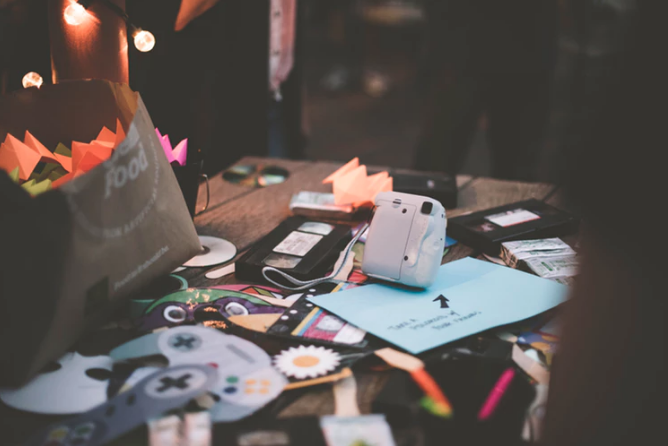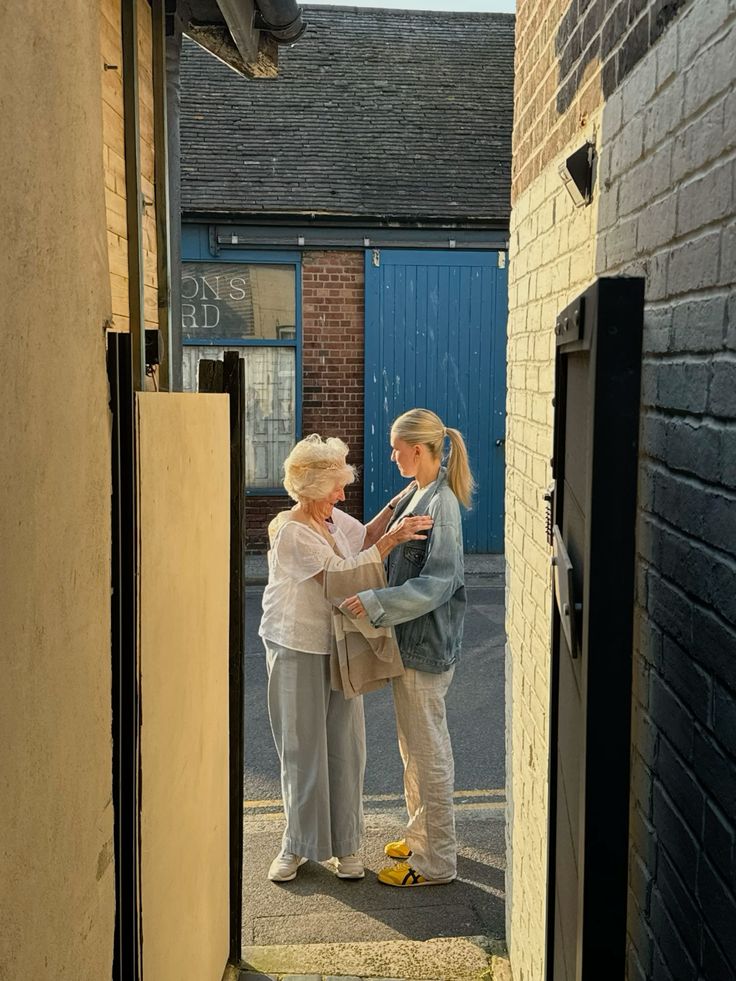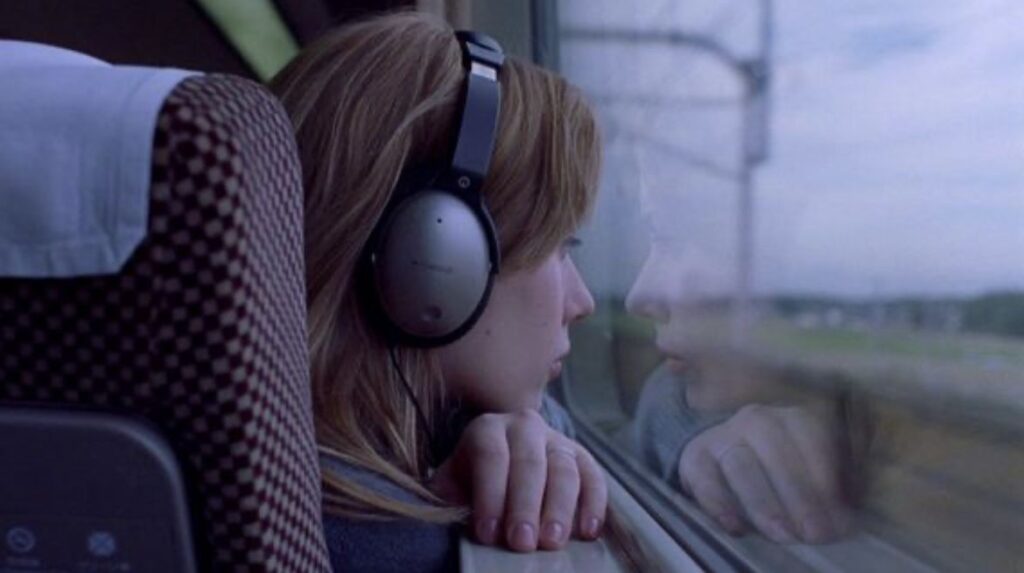On move-in day in August, nearly everything you’ve brought to school with you finds the perfect place. Pillows and decor are strategically placed, each drawer in your dresser is full of crisply folded clothes and there’s not a random football ticket, freebie trinket or make-up sample in sight.
Two months later, you’re probably finding yourself stuffing your newly accumulated items and other junk into any drawer with open space, rather than deciding to just throw them out. As humans, many of us have trouble parting with our material items.
Allison George, a reporter for New Scientist magazine, writes,“Possessions define us as a species; a life without them would be barely recognisable as human.”
People love stuff so much that some even take it to the point of having special collections, or the unorganized version of collecting stuff — hoarding.
But it doesn’t have to get to that. In her book, “The Life-Changing Magic of Tidying Up: The Japanese Art of Decluttering and Organizing,” Marie Kondo uses a radical approach to decluttering. Among other things, Kondo says, “no,” to storage containers, as she believes they promote hoarding rather than organization.
Kondo’s method to decluttering has two steps. First, she says to put your hands on every item you own and ask yourself if it sparks joy. If it truly does spark joy, keep it. If not, toss it. Second, once your home is filled exclusively with joy-sparking items, put every item in a place where it’s visible, accessible and easy to grab and put back. Only then, Kondo says, have you reached the “nirvana of housekeeping” and never have to clean again.
While Kondo’s method may seem a little intense for some people, it is proven that decluttering will make you happier.
In an article published by the Association for Psychological Science, it says that “clean homes and organized spaces are proven to reduce stress, improve happiness and even improve your eating and exercise habits.”
As college students, many of us accumulate brochures, random papers from past class assignments, at least 10 different pairs of earbuds and random things from the Target dollar section.
The challenge with owning all of these unnecessary little items is that many of our living spaces are so small. A great way to make a small space look and feel larger is by keeping it clean and organized so that there’s no clutter to make it seem fuller and messy.
A trick to staying organized and ridding yourself of nonessential material items is taking a little time every day to clean. Many people have the issue of waiting too long to clean their space, so when they finally get around to doing it, it’s a drag, it takes forever and once it’s over, the cycle just continues again.
By taking the extra minute to make your bed in the morning and deciding to toss some, or even just one, of the items cluttering up your desk, you can begin to experience happiness similar to the nirvana Marie Kondo talks about in her book.
Another method to keeping neat and tidy is taking five to ten minutes before bed to clean your space. Studies indicate a cleaner bedroom can result in a better sleep, which many college students probably need.
With all these different methods to keeping your space neat, organized and joyous, you really can’t go wrong. Taking the extra minute to make your bed, toss an unwanted item or organize the books on your shelf can not only lead to momentary happiness, but a lifetime of happiness.





